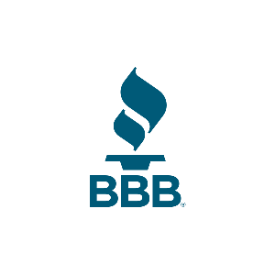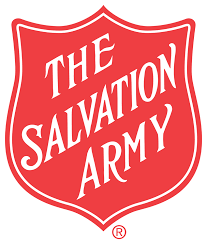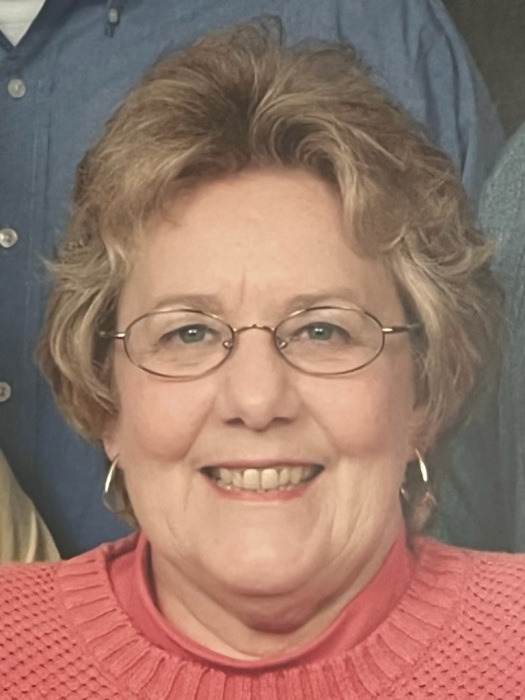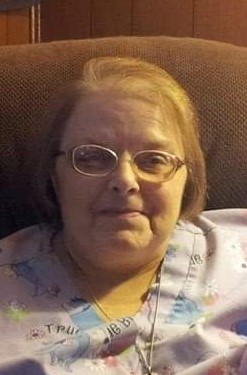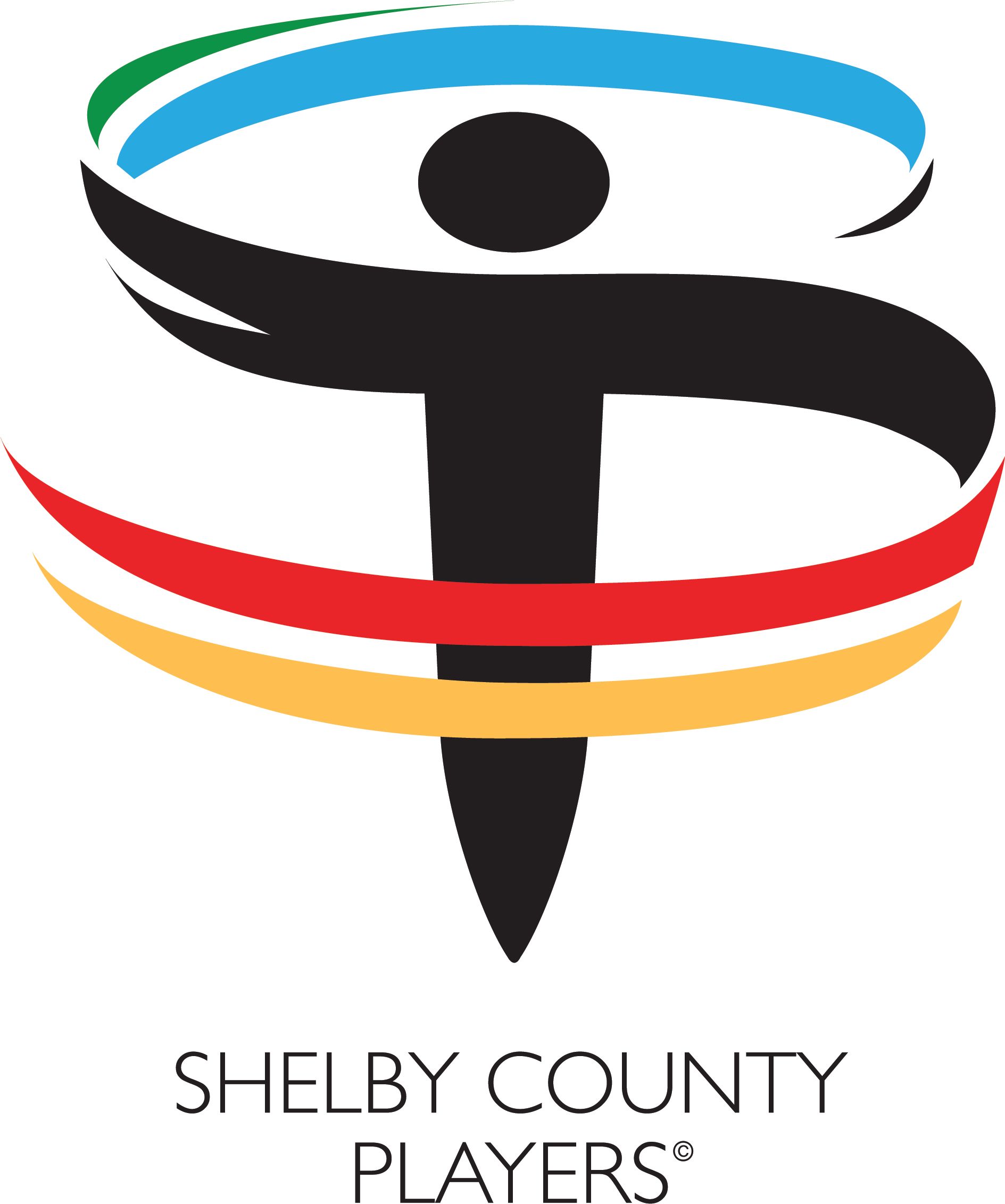The Salvation Army’s Indiana Division has received a $5 million grant from Lilly Endowment Inc. to support The Salvation Army’s immediate COVID-19 response and to sustain long-term service to the Indiana community. The grant is part of $15 million total that The Salvation Army received for nationwide efforts.
"The Salvation Army is deeply commitment to alleviating human suffering - it's in their DNA," said Ronni Kloth, Lilly Endowment's vice president for community development. "Through outreach to low-income individuals and families in need of food and shelter as well as counseling, mentoring and spiritual support, they care for communities every day. In times of crisis the Salvation Army is able to spring into action to help even more people through difficult times. We're grateful for how the Salvation Army is helping our nation during this pandemic."
Across the country, The Salvation Army has been rapidly evolving services in response to the COVID-19 pandemic to meet the unique needs of each community. While service looks different around the country, it includes food delivery and food box provision for individuals, families, and isolated seniors; financial support for those who have been laid off or seen their hours cut; desperately needed childcare services; live-streamed or remote emotional and spiritual care; and more.
In Indiana, The Salvation Army has set up drive-through pantries and takeout-style feeding programs to provide residents with basic yet desperately needed necessities, such as fresh and nonperishable food, personal hygiene items, and cleaning supplies. The organization has also adapted its worship services, and emergency assistance interviews to adhere to social distancing guidelines.
While these services will help Hoosiers who have been immediately impacted by the outbreak, The Salvation Army is also preparing to meet the next phase of need amid layoffs, other job losses, food shortages, and increased childcare needs.
Before the outbreak, one in six Americans was already living in poverty, and more than 70 percent of Americans indicated they would have trouble meeting their financial obligations if they missed a paycheck. A new generation of need is expected to result from the long-term impacts of the coronavirus pandemic. In Indiana, where 7% of the population relies on jobs in the service and hospitality industries, The Salvation Army anticipates an increase in the number of individuals and families seeking financial, rent, utility, and prescription assistance over the coming months, and potentially years.
This expected spike is on top of daily operations in 85 counties, which are being heavily strained as well. Closures due to social distancing amid the COVID-19 outbreak have resulted in the cancellation of important fundraisers that would normally fund The Salvation Army’s programs. The grant from Lilly will help to make up for that loss of funding, so The Salvation Army can continue to serve once the crisis has subsided.
“We are all impacted by the coronavirus, but our brothers and sisters living in poverty are feeling it more significantly, which is causing a strain on our resources,” said Major Robert Webster, divisional commander for The Salvation Army’s Indiana Division. “As our staff and volunteers are called to go above and beyond in service, we have been praying faithfully for a miracle to make it possible for us to continue ministering now and into the future, here in Indiana. May God bless those who will be served today, tomorrow and in the future because of this amazing gift of love.”
The grant will help make it possible for The Salvation Army to sustain vital programming once the crisis ends. These vital year-round programs include emergency assistance, youth sports and character-building programs, older adult ministries, summer camp at The Salvation Army’s Hidden Falls Camp, rehabilitation services at the Harbor Light Center, safe shelter at the Ruth Lilly Women and Children’s Center, and much more.
For more than 70 years, Lilly Endowment has supported various efforts of The Salvation Army to help people in need. In recent years, Lilly Endowment has been a significant funder of The Salvation Army's work to help low-income families throughout the country break the cycle of poverty through The Army's Pathway of Hope Program.
To contribute to The Salvation Army’s COVID-19 relief efforts in Indiana, visit SalvationArmyIndiana.org.



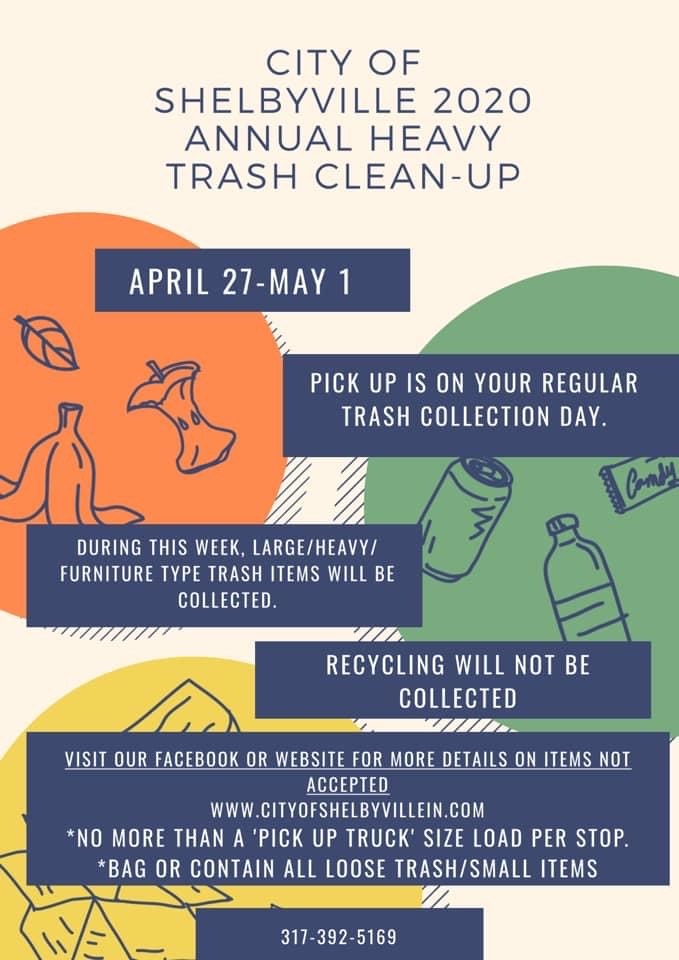


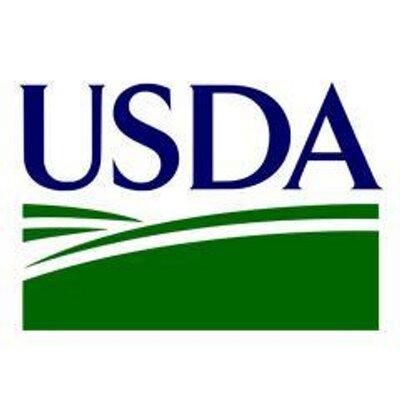
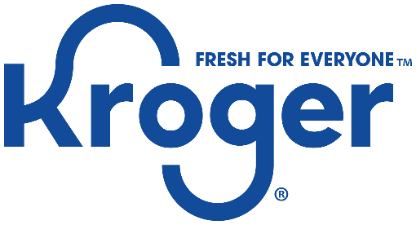
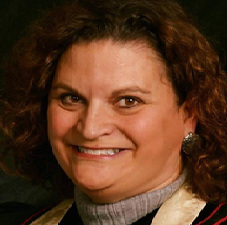

.JPG)
.JPG)
.JPG)
.JPG)
.JPG)
.JPG)
.JPG)
.JPG)
.JPG)
